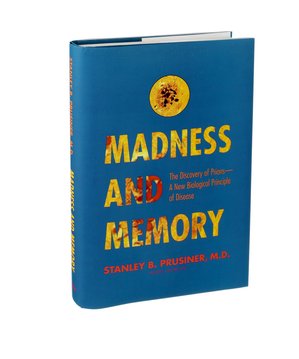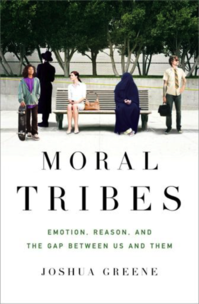(p. B1) One study from Microsoft indicated that programmers who were interrupted by an incoming email lost 10 minutes every time they switched from their original task, on top of however long it took them to answer the email. Earlier studies suggest that workers lose (p. B2) as much as 40% of their productive time when they are regularly interrupted.
. . .
. . . , people underestimate the cost of . . . distractions, partly because we underestimate the effects of what psychologists call “ego depletion.” The idea is that we have only so much willpower. Some neuroscientists believe the brain literally runs out of its fuel, glucose, when we have to perform cognitively demanding tasks. But exercising the self control required to not answer that incoming email is also cognitively demanding.
For the full story, see:
CHRISTOPHER MIMS. “KEYWORDS; The Distraction-Industrial Complex.” The Wall Street Journal (Mon., June 30, 2014): B1-B2.
(Note: ellipses added.)
(Note: the online version of the story has the date June 29, 2014, and has the title “KEYWORDS; Say No to the Distraction-Industrial Complex.”)
One of the early articles in the substantial literature on ego depletion, is:
Baumeister, Roy F., Ellen Bratslavsky, Mark Muraven, and Dianne M. Tice. “Ego Depletion: Is the Active Self a Limited Resource?” Journal of Personality and Social Psychology 74, no. 5 (May 1998): 1252-65.







